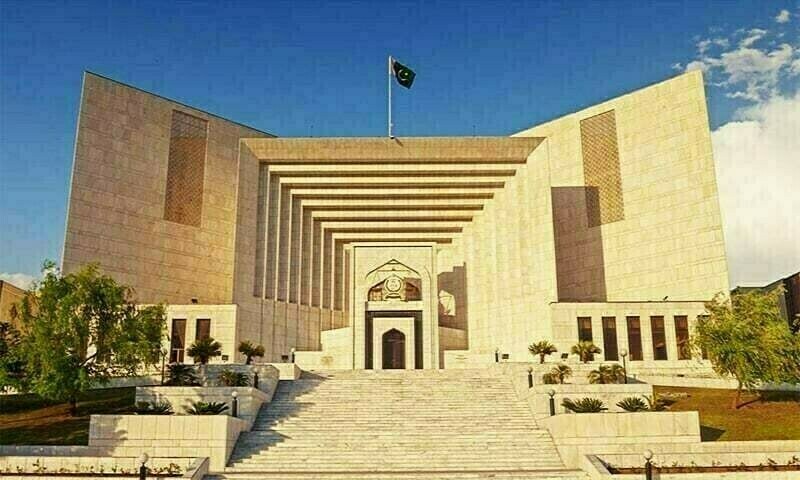LHCBA and Lahore Bar Challenge Supreme Court Verdict on Judges’ Seniority and Transfers
ISLAMABAD – In a significant legal development, the Lahore High Court Bar Association (LHCBA) and Lahore Bar Association (LBA) have filed intra-court appeals in the Supreme Court, challenging the recent ruling on judicial seniority and transfers of judges.
The petitions request the apex court to declare the five-member bench’s verdict null and void, arguing that it violates constitutional principles and undermines judicial independence. Both associations have also sought an immediate suspension of the decision and all actions taken under it until a final judgment is delivered on their appeals.
The appeals emphasize that the ruling contradicts established legal procedures and judicial norms for determining judicial seniority. They argue that the Constitution of Pakistan does not empower the President to interfere in the seniority or transfer of judges, and such actions weaken the procedural sanctity of the judiciary.
The bar councils stressed the importance of maintaining judicial integrity and called on the court to restore due process in handling judges’ appointments and transfers.
Previously, a constitutional bench of the Supreme Court issued its reserved judgment on June 19, concluding that the transfer of judges was not unconstitutional. The verdict was delivered by Justice Mazhar and was passed by a 3-2 majority.
Under the decision, Justices Sarfraz Dogar, Muhammad Asif, and Khadim Hussain Soomro were transferred to the Islamabad High Court (IHC). In response, five IHC judges, including Justices Mohsin Akhtar Kayani, Babar Sattar, Tariq Jahangiri, Sardar Ejaz Ishaq, and Saman Rafat Imtiaz, challenged the move in the Supreme Court.
The fresh appeals from LHCBA and LBA have reignited the debate over judicial autonomy, highlighting growing concerns within Pakistan’s legal fraternity over the implications of the Supreme Court’s decision on the separation of powers and rule of law.



Comments (0)
No comments yet. Be the first to comment!
Leave a Comment